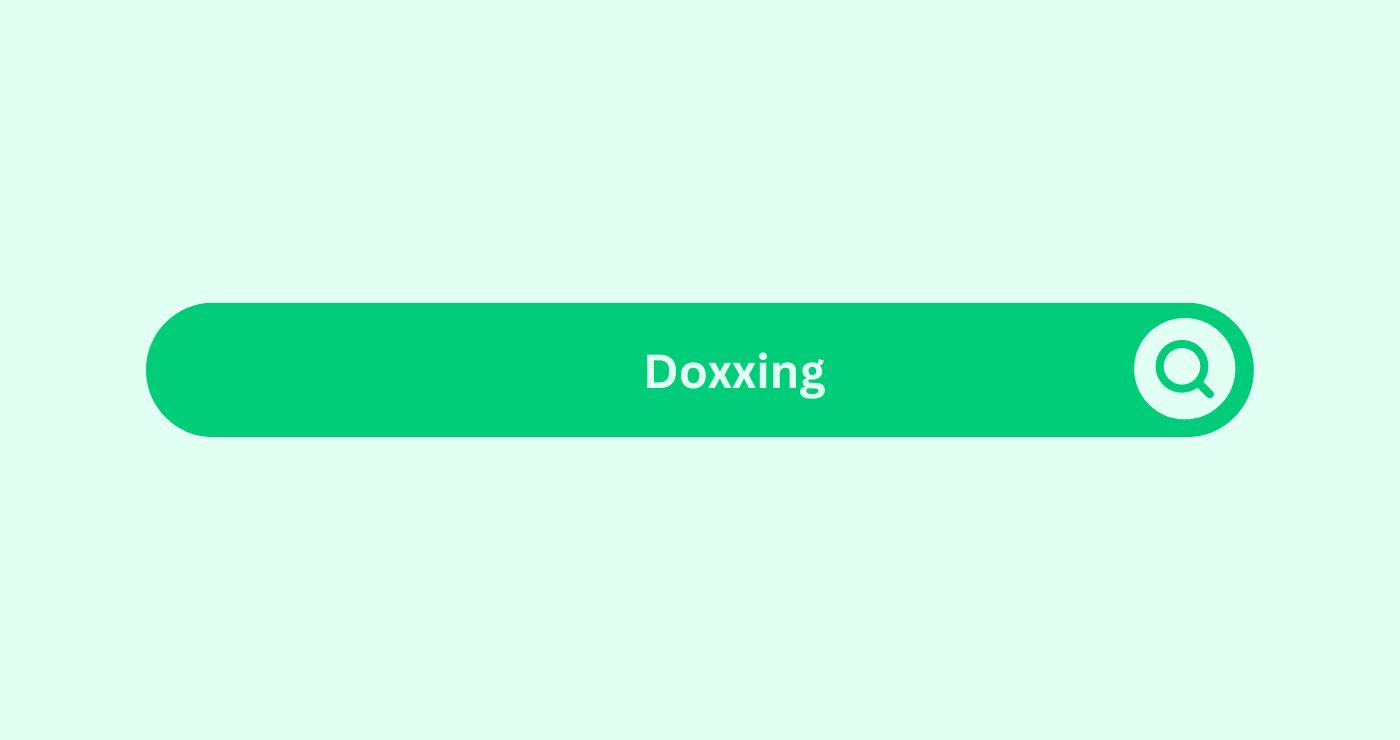Definition
In social mediaWhat is Social Media? Social media refers to online platform... marketing, “Doxing” is the unauthorised release or exposure of personal information about individuals, businesses, or competitors online. It has emerged as a tactic to harm reputations, often involving sharing sensitive information without consent. While doxing can be malicious when used by less powerful competitors, it also presents ethical challenges for brands, including SEO companies, performance marketing agencies, and digital marketing agencies in Auckland. Marketing teams must understand the implications of doxing, including legal risks and potential damage to brand reputation if such practices are associated with their brand.
How You Can Use
Though doxing is inherently harmful and generally unethical, understanding its impact can highlight the importance of secure data handling in social mediaWhat is Social Media? Social media refers to online platform... marketing. For example, a digital marketing agency in Auckland might run campaigns focusing on transparency and privacy. A case could be presented where an “Auckland SEO expert” prioritises client data protection, showing the potential damage from improper information sharing. This educates audiences on the value of privacy, demonstrating the agency’s commitment to security.
Calculating the Risks and Formulas
While there are no direct formulas for calculating the risk of doxing, certain risk assessment frameworks can help quantify potential exposure. These include:
- Data Sensitivity Assessment
- Identify and classify types of data your brand interacts with to determine levels of sensitivity.
- Example: Use a scale from 1-5, where 5 represents highly sensitive information (like personal client details), and 1 is public information.
- Exposure Impact Factor (EIF)
- Measure the potential impact if sensitive information were exposed.
- Formula: Exposure Impact Factor (EIF) = Data Sensitivity Score × Likelihood of Exposure
- A higher EIF score indicates a greater need for data protection measures.
- EngagementDefinition Engagement in content marketing refers to the deg... Risk
- Calculate the risk of engaging with public figures or clients who may be vulnerable to doxing.
- Formula:
EngagementDefinition Engagement in content marketing refers to the deg... Risk = Number of Engagements × (1 – Privacy Protection Index) - This helps highlight areas where privacy policies may need strengthening.
Key Takeaways
- Maintain Data PrivacyDefinition Data Privacy in AI Terms in Content Marketing ref...: Use secure data storage practices to avoid accidental data leaks.
- Build Trust: Emphasis on responsible data handling to establish brand credibility.
- Educate Clients and Audiences: Help clients understand doxing’s impact, promoting data security.
- Avoid Unauthorized Data Sharing: Respect competitors and audiences by not engaging in doxing tactics.
- Use Privacy-Focused Marketing: Create campaigns highlighting the importance of data security.
FAQs
What is doxing in social media marketing?
Doxing refers to the release of private or sensitive information online without consent, often with harmful intent.
Why should brands avoid doxing tactics?
Doxing is unethical, and illegal in many cases, and can leadDefinition A Lead in the context of SEO refers to a potentia... to reputational harm and loss of audienceDefinition The term "Audience" refers to the group of indivi... trust.
How does doxing impact social media marketing?
Doxing harms trust and can damage brand reputation, affecting both client retention and public perception.
What are some preventive measures against doxing?
Use secure data storage, and encryption, clear data policies, and train employees on privacy protection.
How can SEO companies be affected by doxing?
Competitors may target SEO companies with doxing, affecting reputation and client trust if sensitive data is exposed.
Is there a legal risk for using doxing in marketing?
Yes, unauthorized data sharing is illegal in many regions, making it essential to follow data protection laws.
How does doxing differ from ethical data sharing?
Ethical data sharing requires consent and transparency and aligns with privacy laws, unlike doxing.
How can performance marketing agencies protect client data?
Agencies should implement secure data protocols, including encryption and secure login procedures.
Does doxing affect SEO rankings?
While it doesn’t directly impact SEO, doxing-related reputation damage can leadDefinition A Lead in the context of SEO refers to a potentia... to lost trafficDefinition In the context of SEO (Search Engine Optimisation... and decreased engagementDefinition Engagement in content marketing refers to the deg....
How can brands create privacy-focused social media campaigns?
Emphasize the importance of data security, transparency, and ethical information handling within campaigns to build trust.




